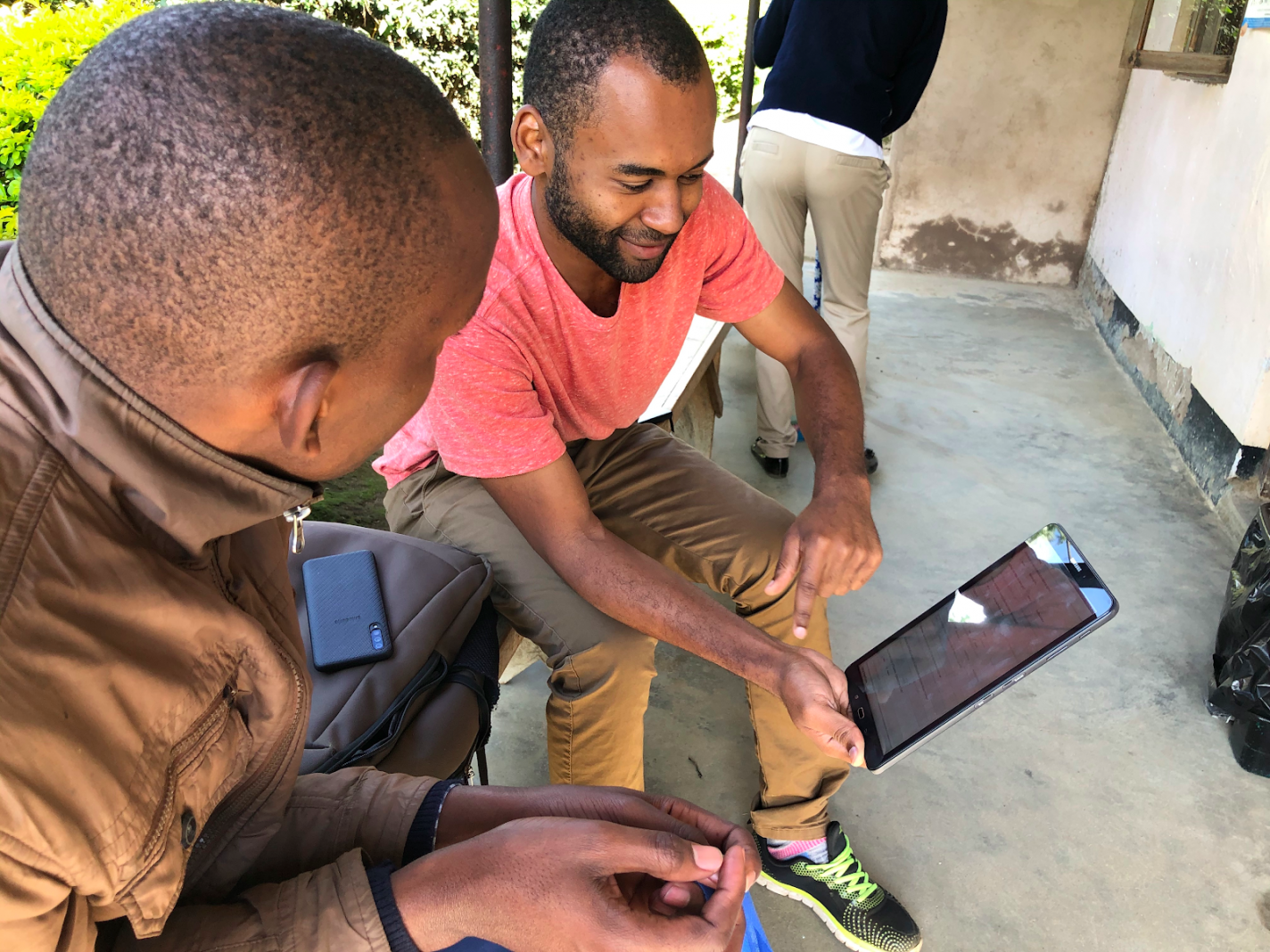main content start
Inspired Ideas is building the future of healthcare by leveraging advances in technology and data science to build smart tools that augment the capacity of lower-cadre healthcare providers in rural and urban Tanzania.
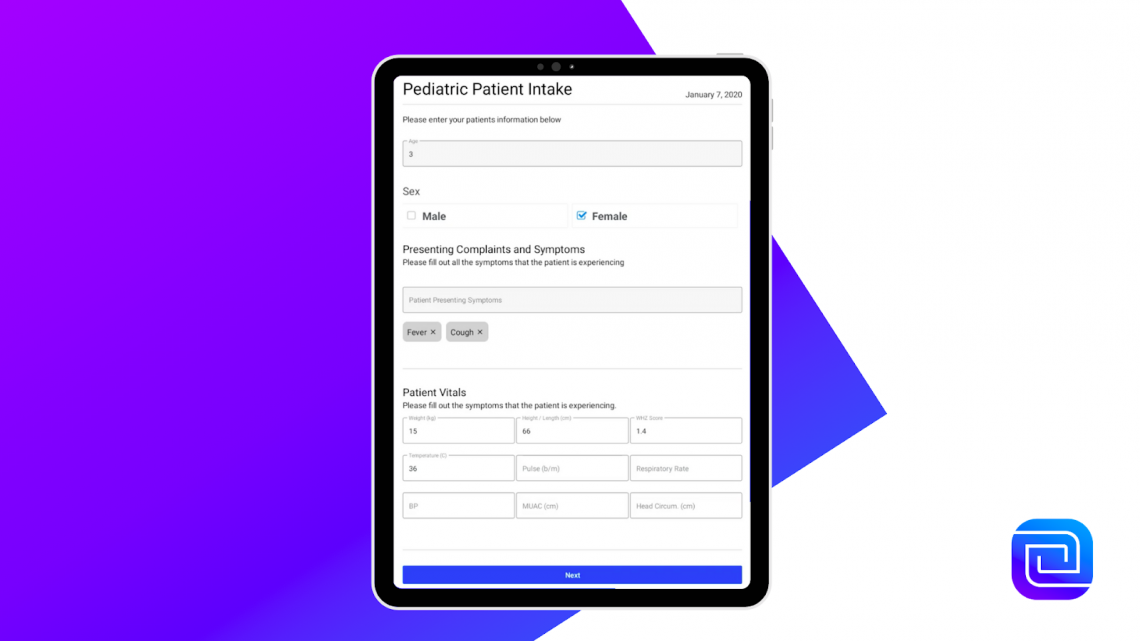
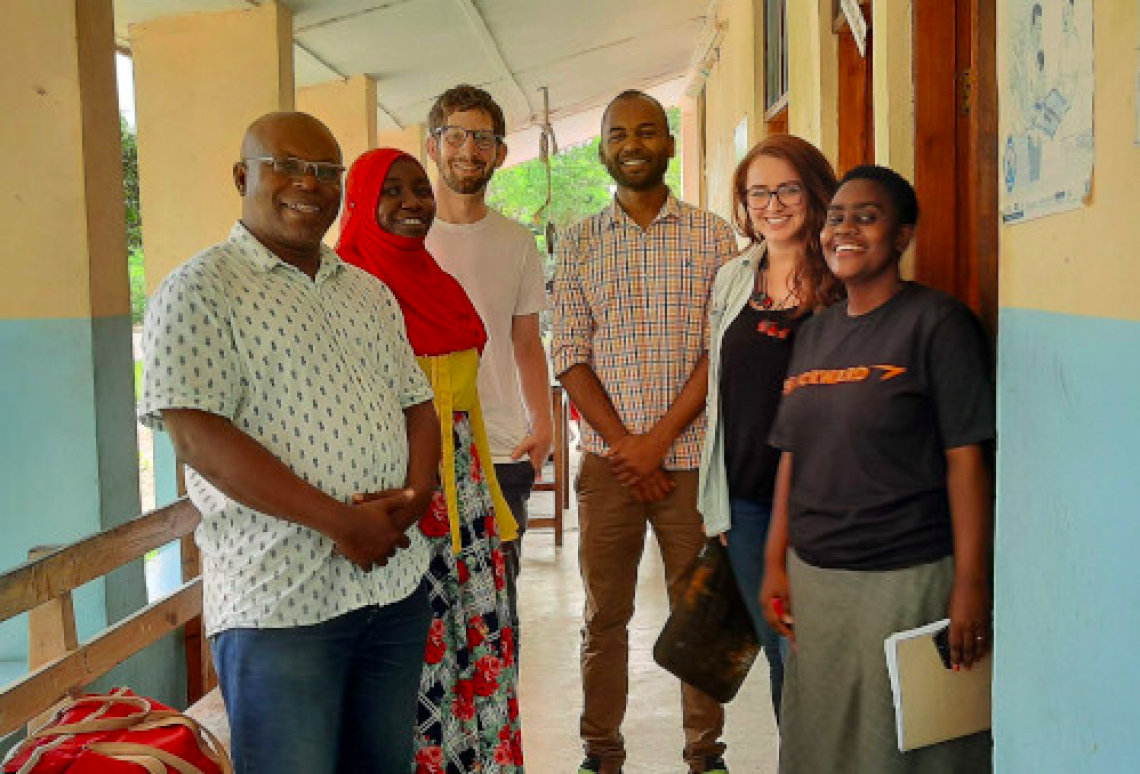
Related Stories

Portfolio News
AGUA: Revolutionizing Global Collaboration for Funding Transparency (with Growth Graduate Atix Labs)
Mar 04 , 2024
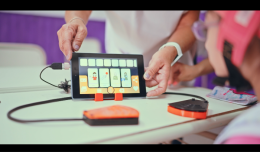
Portfolio News
Sep 26 , 2023
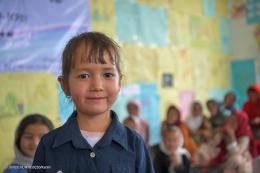
Portfolio News
Sep 26 , 2023
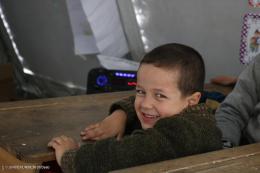
Portfolio News
Sep 25 , 2023
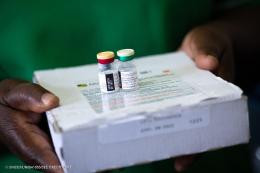
Portfolio News
Sep 25 , 2023
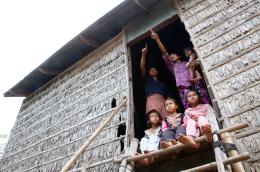
Portfolio News
Sep 25 , 2023
